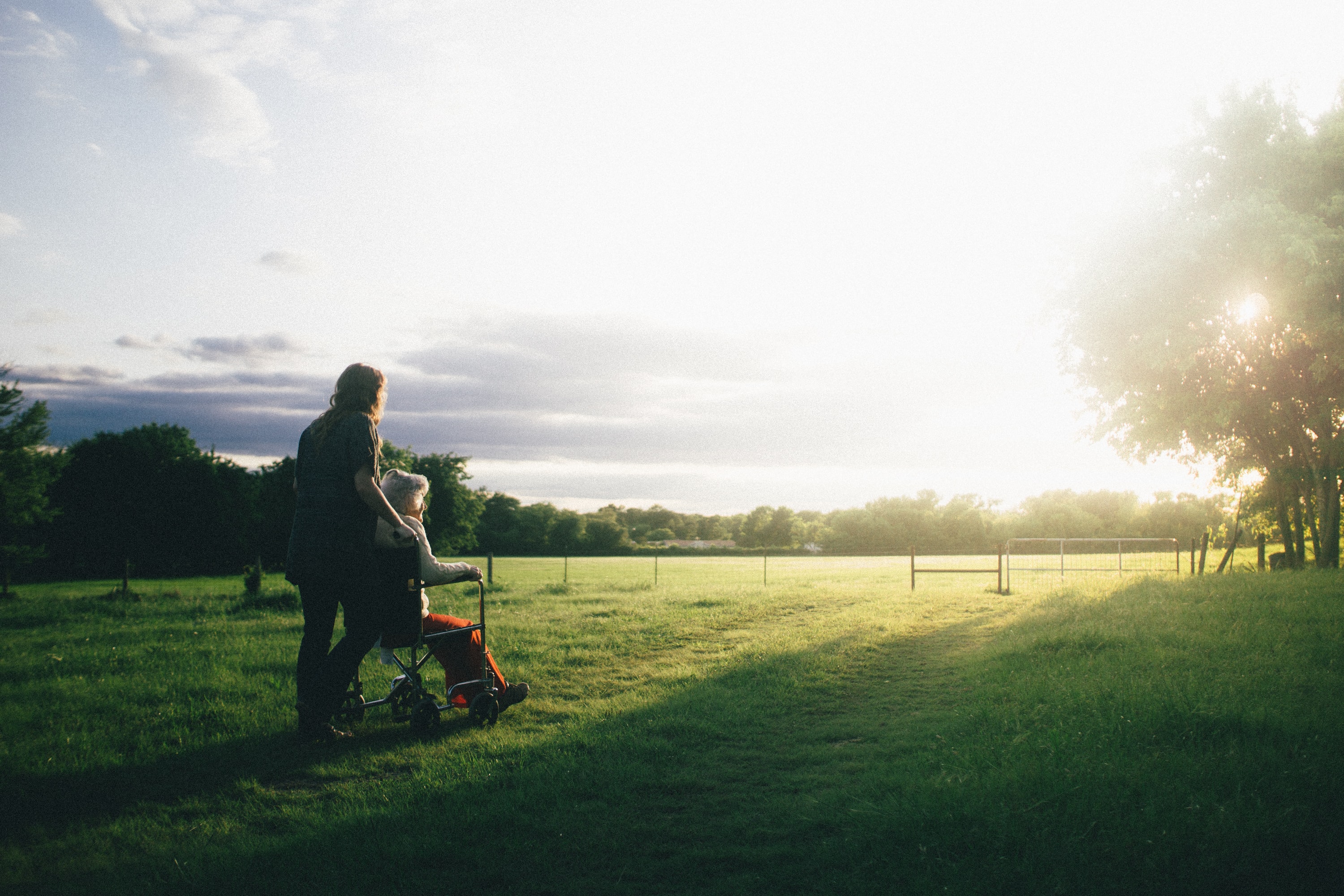If in immediate danger, don’t hesitate to call local authorities or even 911.
Mesa, AZ – When our loved ones are concerned, nothing is too good, and no step is too far to protect them. It’s often difficult finding proper and safe accommodation for elderly or disabled family members, who are not capable of looking after themselves.
What makes it even more difficult is that many nursing homes will lie without any qualms about the abuse or neglect taking place within. Although other families have consulted with lawyers, and initiated legal action against it, a long-term care facility could still be tricking new patients into signing themselves into their care.
What can you, as a concerned family member, do to keep your loved ones safe?
Be on your guard
Even if you have no reason whatsoever to suspect a nursing home of abuse, it’s best to stay vigilant. As an extra caution, it may be wise to get in contact with some of the best Mesa nursing home abuse lawyers.
If you are worried about your loved one’s safety within the nursing home, it is legal to install a surveillance camera inside their private room there. According to Arizona law, the family or even the resident themselves need no prior authorization to install a surveillance camera, as long as:

- The room is private (e.g. there are no roommates also staying there);
- The camera is installed within public view (not concealed).
Even if the room is shared, you may still be able to install a surveillance camera, provided that you first obtain the written accord of the other residents living there.
Visit often
Frequent visits will signal to any potential abusers that the resident is not alone and that abuse will not go unnoticed. It also allows you to keep an eye out for actual signs of abuse, such as bruises, welts, depression, bleeding, or inexplicable anxiety.
Familiarize yourself with different types of abuse
Another step that Arizona nursing home abuse lawyers encourage readers to take is understanding different types of abuse. While the most common types include physical and sexual abuse, a nursing home resident may also be a victim of:
- Financial or material abuse – having their possessions stolen, their credit cards misused, or being coerced to make changes to their financial arrangements;
- Neglect – any nursing home is under a legal obligation to provide adequate care (including access to medical services, varied diet, and hydration options, and 24/7 nursing care);
- Emotional abuse – being verbally assaulted, insulted, name-called, or in other way bullied.
Report abuse
As a precautionary measure, aside from speaking with skilled nursing home abuse lawyers, you need to know how to act in case you discover or suspect abuse.
If in immediate danger, don’t hesitate to call local authorities or even 911.
If the danger is not immediate, you have a few options. If the abuse occurred during or relating to medical care received by the resident, you might also want to contact medical malpractice lawyers.
Additionally, you should report the nursing home to the Arizona Department of Health Services. You may also need to contact Adult Protective Services and, if the victim is elderly, the Attorney General’s Task Force Against Elderly Senior Abuse (TASA).


Join the conversation!